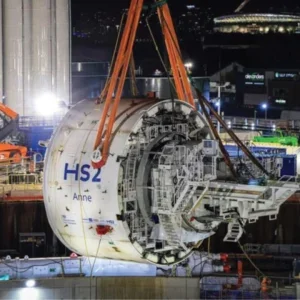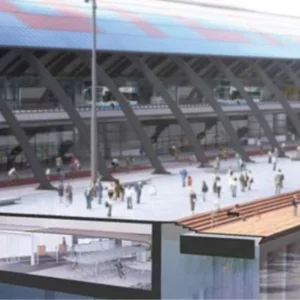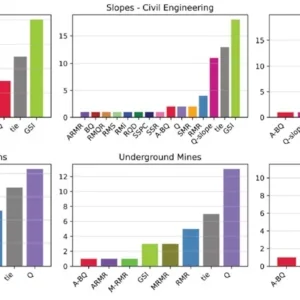The World Summit on Sustainable Development, held last month in Johannesburg, highlighted some startling statistics on ‘world health’, with the international water crisis being the focus of concern. Twelve million people die each year as a direct result of poor water. United Nations (UN) figures indicate 1.1bn people have no access to clean water and a further 2.4bn have no sanitation.
Future prospects make even grimmer reading, the UN predicts water access could be the main cause of war in Africa over the next 25 years, as countries battle over shared reserves. Mexico City is in real trouble, with signs of the capital sinking, as water is pumped from beneath its foundations. Alarmingly, an estimated 40% of the city’s water is lost through leaks in its antiquated supply system. In the Middle East, water is now considered a more precious commodity than oil, with Israel, Syria, Lebanon and Jordan vying for supplies from the River Jordan and Litani. Over half of Europe’s cities are said to be draining groundwater levels at unsustainable rates.
It is a truly international dilemma and one that delegates of this year’s summit have decided must change. Fears of ‘all talk – no action’ appear misplaced, after it was announced that many countries and international organisations have already begun forming partnership initiatives aimed at getting real results in the areas of water and sanitation. To date 218 partnership initiatives have been submitted to the UN, with the World Bank and European Commission pledging their support. In the US alone, $970M over the next three years has been earmarked for a ‘Water for the Poor’ initiative, surely a mark of commitment to the fundamental changes needed. The EU will also launch major partnership initiatives on water and energy called ‘Water for Life’, aimed at halving the number of people with no access to effective sanitation and clean water.
As a major force in water infrastructure, the tunnelling industry would seem to be in a unique and extremely strong position to make its mark on this overwhelming international problem. Tunnelling is one of the few industries where the skills and experience are already in place to offer solutions in both water provision and sanitation control. Could now be the time for an expert panel to be formed, maybe under the banner of the ITA, in order to specifically address these issues? If the funding becomes available, and in the light of the severity of the situation, this seems more than likely, it is a golden opportunity to publicise the benefits of tunnelling and take the lead in delivering these much needed sustainable solutions.






